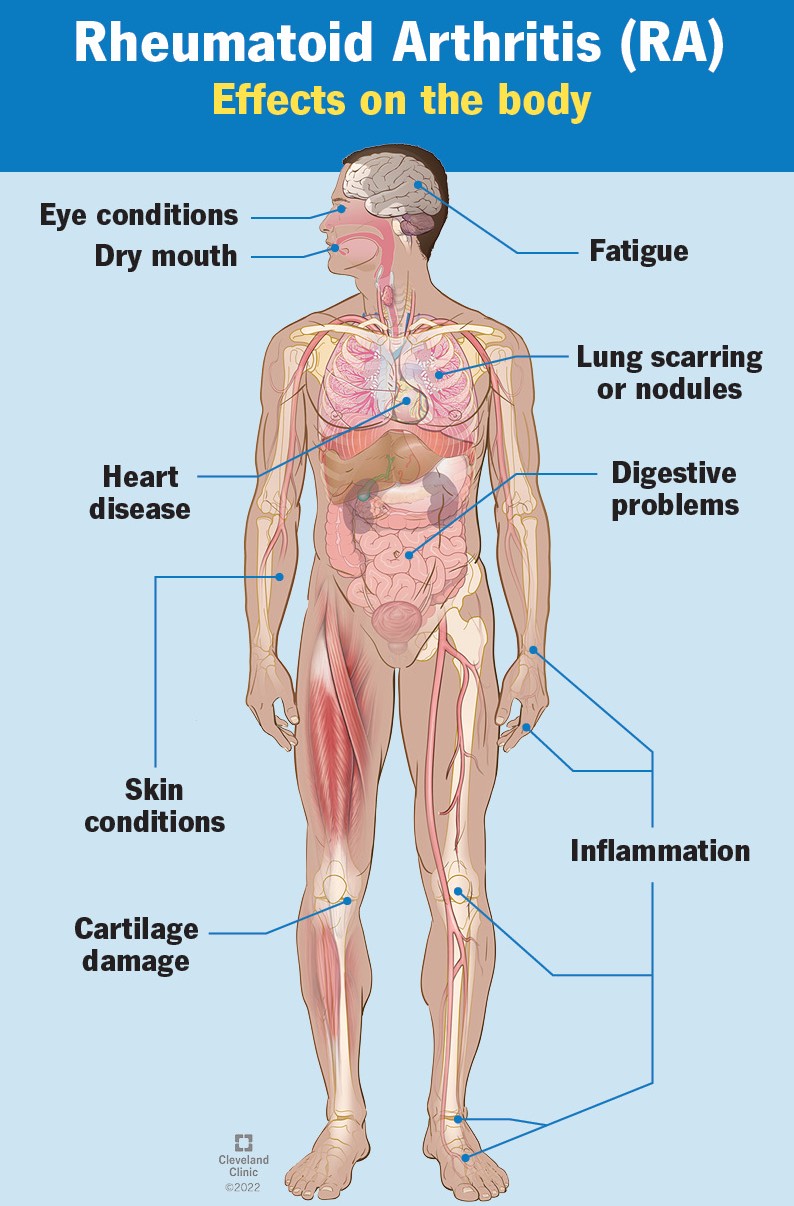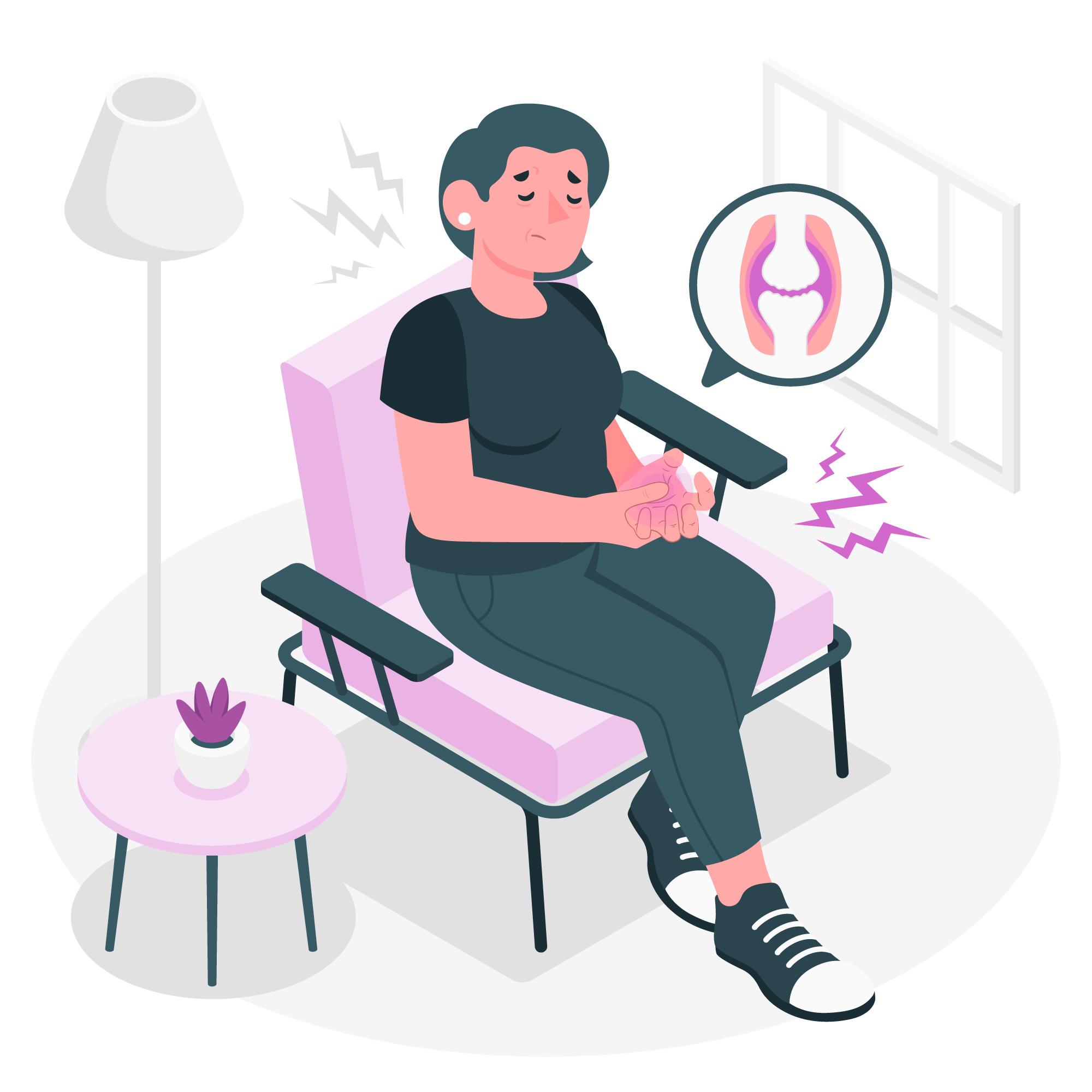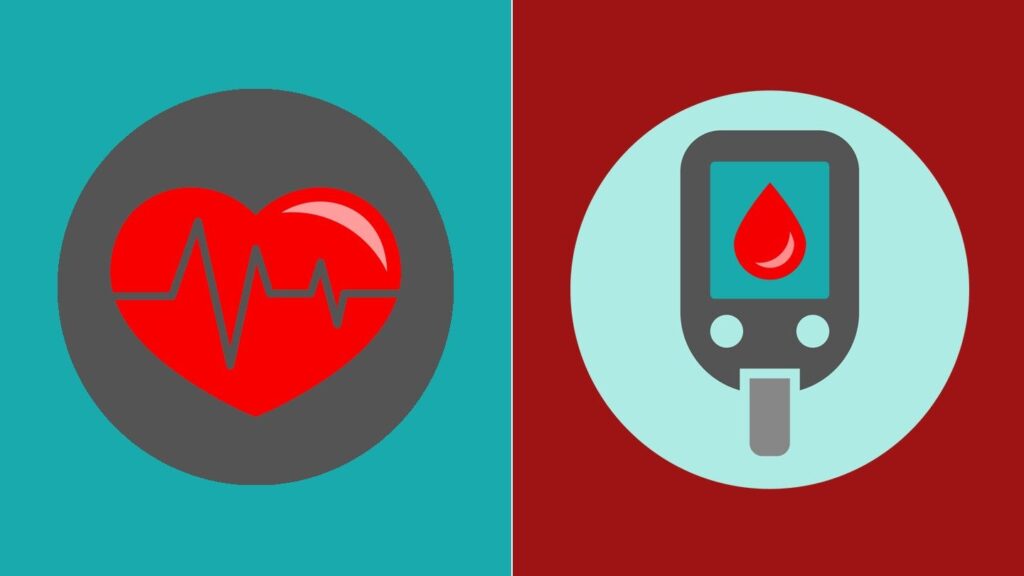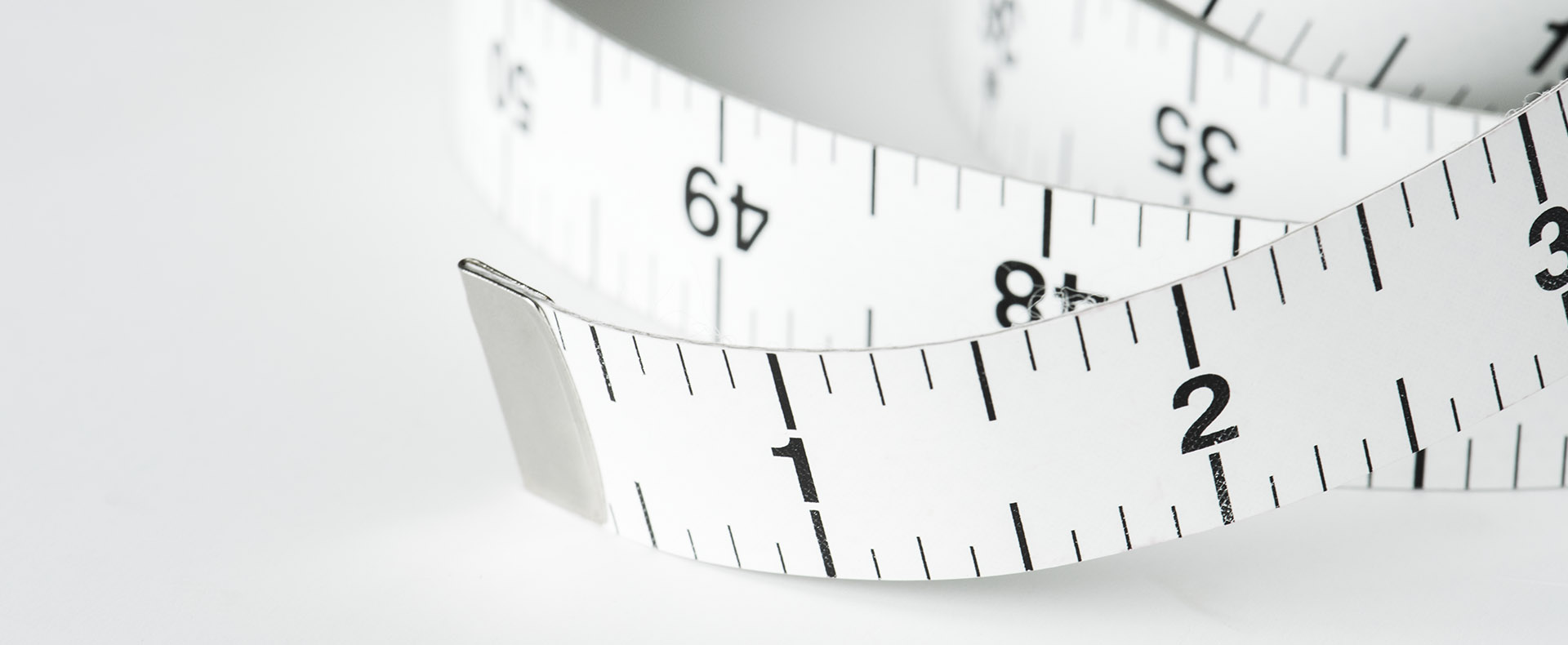Rheumatoid Arthritis is an autoimmune condition wherein your immune system mistakenly attacks our own healthy cells in the joints. When this happens above the age of 60 it is called Onset Rheumatoid Arthritis (EORA).
Researches have shown that EORA makes up to about 33% of all the cases of Rheumatoid Arthritis. When talking about India, more than 2% of the elderly population has EORA.
The exact causes remain elusive, but genetic factors, environmental triggers, and age-related changes in the immune system are believed to contribute.
Symptoms and Diagnosis:
The symptoms are acute and progress rapidly. Like Joint pain, stiffness, and swelling are common. Issue is EORA symptoms often mimic those of other age-related conditions like osteoarthritis making diagnosis challenging.

Treatment:
Treatment involves not only medication but a holistic approach towards a healthier lifestyle.
1)Stay at a healthy weight: Focus on maintaining a healthy weight. Excess weight can put pressure on joints, reduces the effect of medications and delay the remission. Lose the excess weight by following healthy eating and exercise.
2) Nutrition:
• Adopt a Mediterranean style of diet regime. It includes eating 3-4 servings of vegetables and 1-2 servings of fruits daily.
• Include anti-inflammatory food sources like yellow orange colour fruits and vegetables (oranges, lemon, sweet lime, red & yellow bell peppers, tomatoes, beetroot) , nuts and seeds, beans, lentils.

• If want to opt non vegetarian foods, go for leaner proteins like chicken, fatty fishes and eggs. Avoid red meat, beef, poultry, processed meats and sausages.
• Include healthier fats i.e omega 3 fatty acids containing foods – extra virgin olive oil, Avocado, salmon, tuna, mackerel, coconut oil, flaxseeds, chia seeds.
• Say no to foods containing trans fat, processed foods, junk foods and fried items.
• Watch out the salt intake . Taking more than 6g of salt in a day can worsen the inflammation in joints.
• Limit the intake of salty foods like papads, pickles, sauces, ketchups, preservatives added foods.
• Fatigue is a common symptom of EORA and if you are anemic, it worsens. Kindly get yourself tested and include iron rich foods in diet like eggs, chicken, fish, dals, green leafy veggies, garden cress seeds. Now iron is better absorbed by the body in presence of Vitamin C. So squeeze in lemon juice to your dals and green leafy sabzis and other iron rich foods before eating them.
3) Physical Activity: One should focus on doing 150 minutes of moderate to heavy exercises in a week. This will help in maintaining joint flexibility and muscle strength.
• Walking: Walking is a good exercise for EORA. If it pains or hurts, start with shorter duration walks
• Yoga: Practising yoga asanas pertaining to joint pain and enhancing flexibility
• Water aerobics/Water therapy: Swimming, walking/duck walk in a pool, doing stretching where water acts as a pressure is very beneficial.

Emotional Support: Living with EORA can be emotionally challenging. Creating a support network, engaging in support groups, and seeking counselling can provide valuable emotional support for both patients and their caregivers. Try to connect and talk to people with EORA for a better empathy and understanding.
5) Regular Monitoring: Continuous monitoring of disease activity, joint function, and medication side effects is essential. Regular check-ups with rheumatologists help ensure timely adjustments to treatment plans.
Elderly Onset Rheumatoid Arthritis presents unique challenges, but with a comprehensive approach to care, individuals can lead fulfilling lives. By raising awareness, promoting early detection, and implementing effective management strategies, we can empower elderly individuals with EORA to maintain their independence and well-being.






 The Mediterranean diet restricts the consumption of red meat, processed foods, and added sugars. This can be a challenge for those who are used to eating a diet high in these foods, and it may limit their food choices and make it more difficult to adhere to the diet.
The Mediterranean diet restricts the consumption of red meat, processed foods, and added sugars. This can be a challenge for those who are used to eating a diet high in these foods, and it may limit their food choices and make it more difficult to adhere to the diet.

